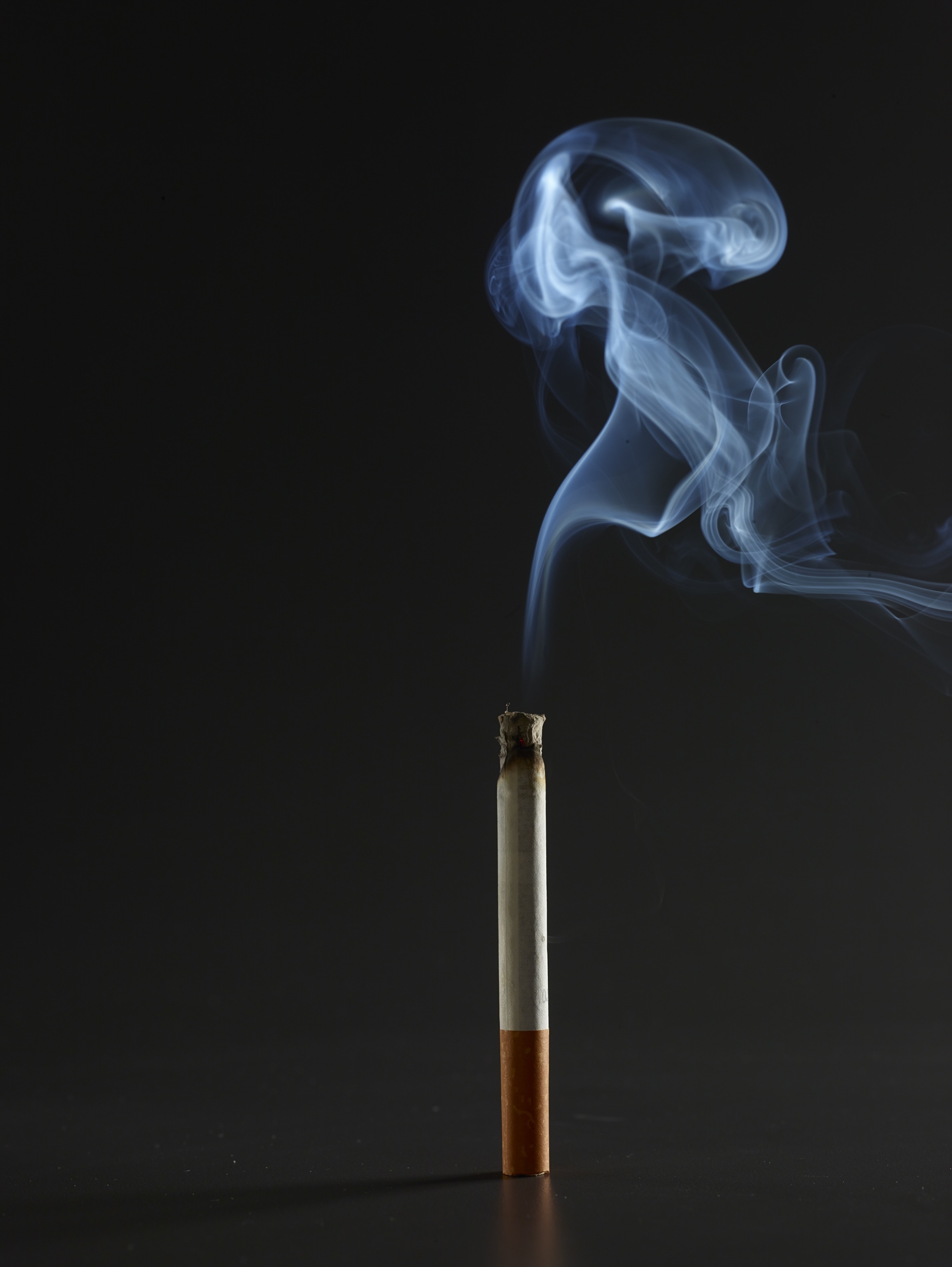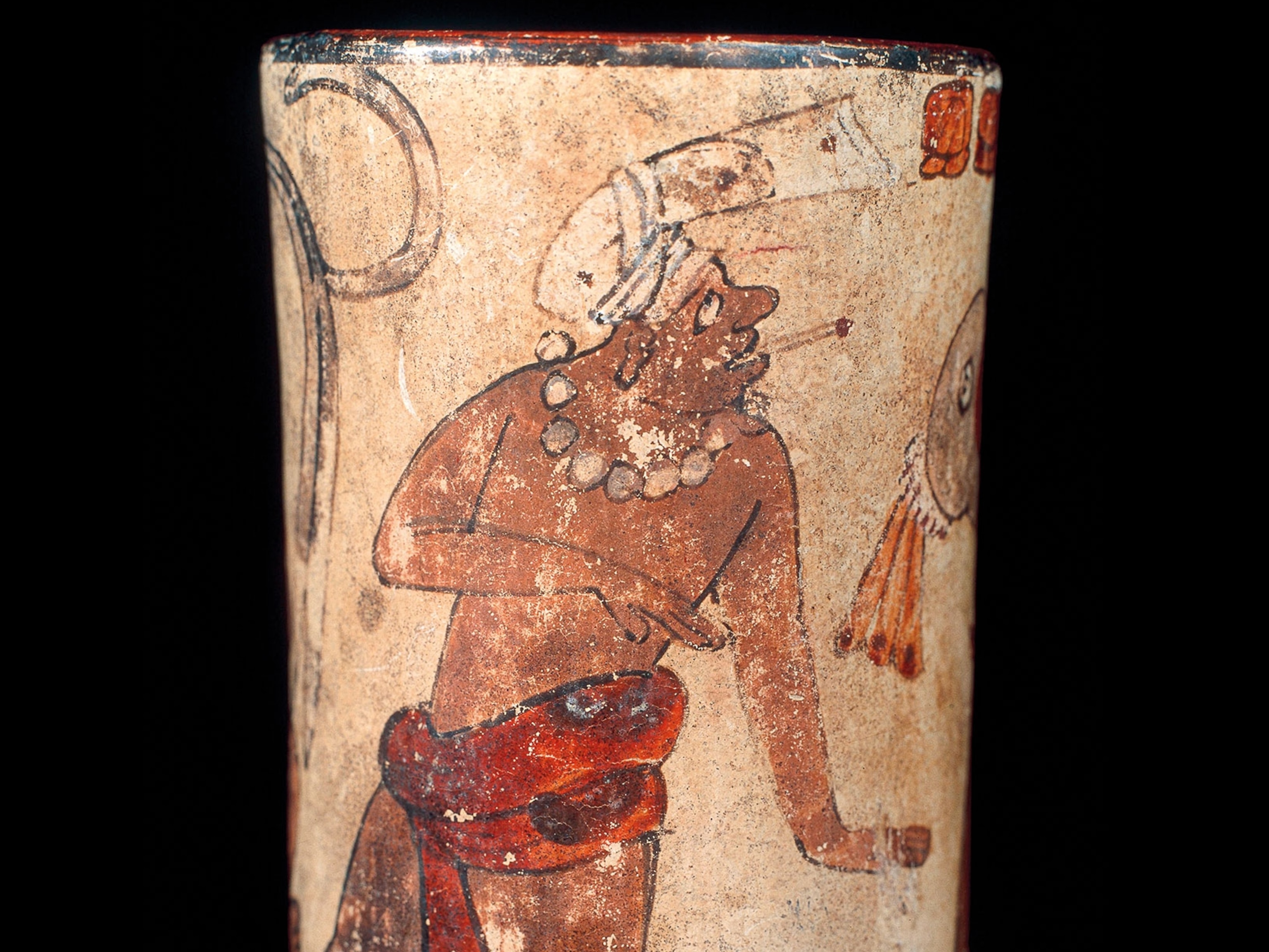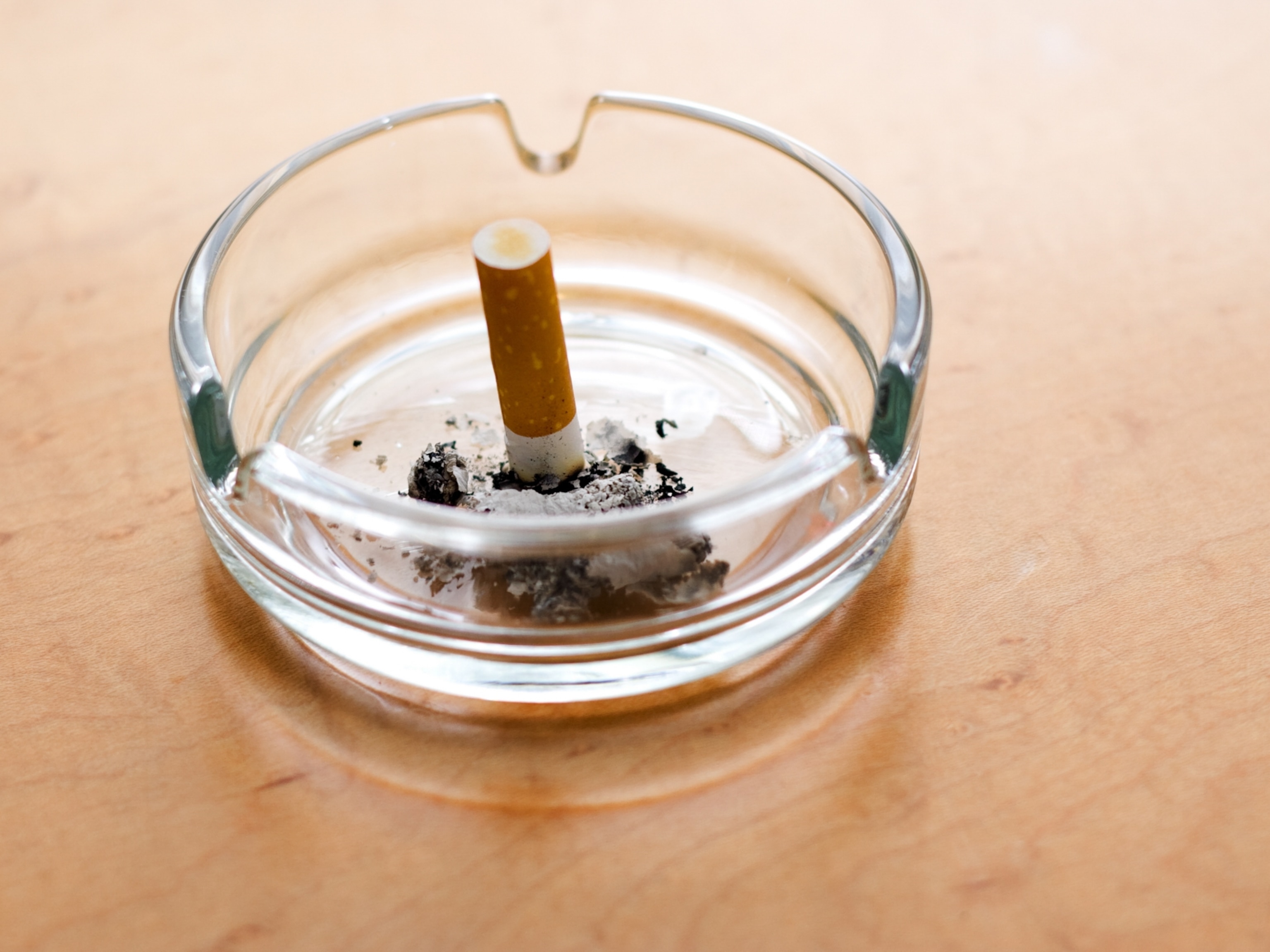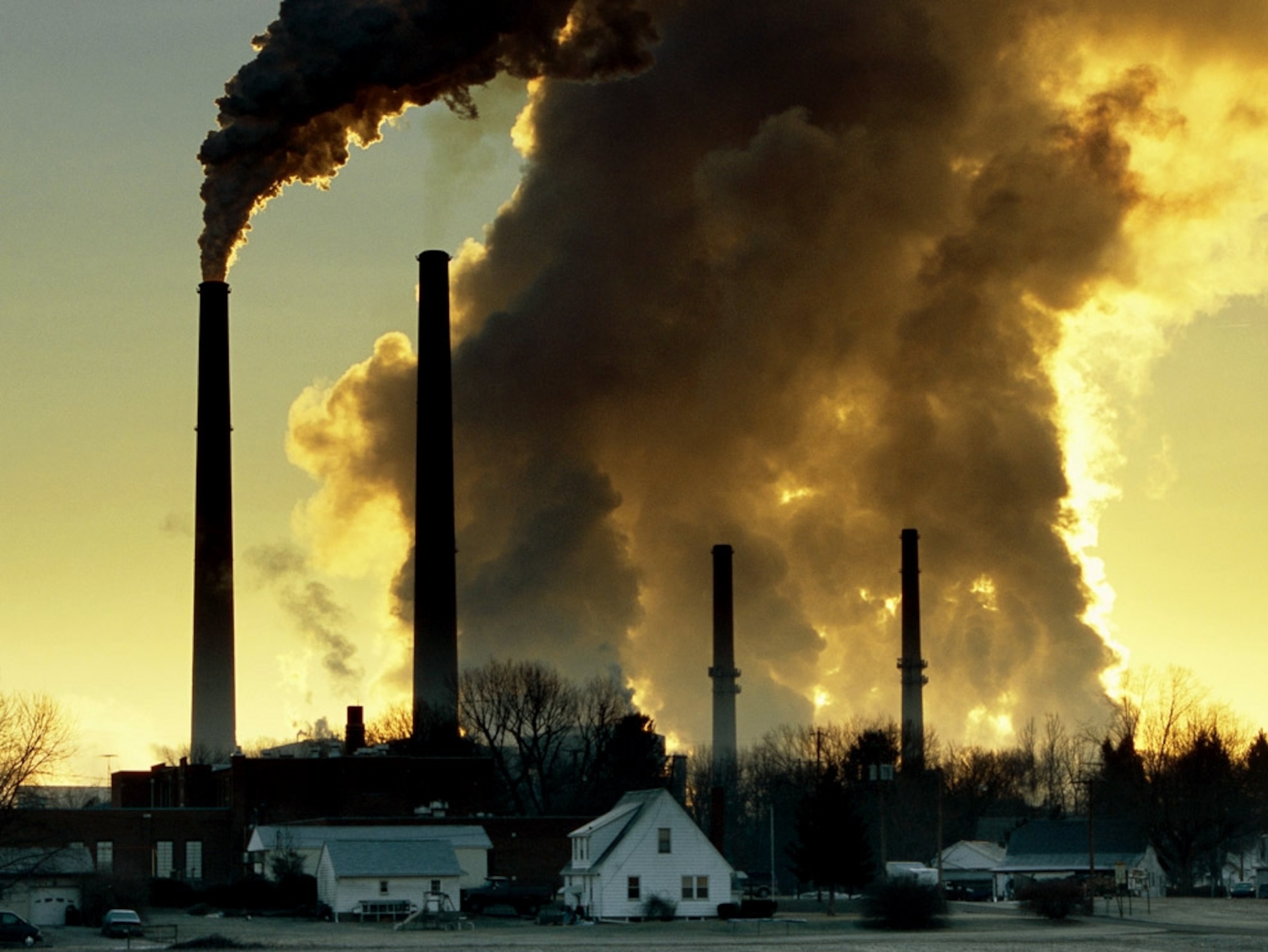
Thirdhand Smoke Is Real—And Risky to Your Health
Indoor cigarette smoke combines with air pollutants to form compounds that might cause cancer—and that can linger for decades.
It took decades to prove that cigarette smoking causes cancer, heart disease, and early death. It took additional years to establish that secondhand smoke also kills.
Now scientists are worried about another cigarette-related phenomenon: thirdhand smoke. It's real, and it's ubiquitous. Without knowing it, indoor smokers have left a toxic legacy that continues years after their last butt was stubbed out.
Researchers now know that residual tobacco smoke, dubbed thirdhand smoke, combines with indoor pollutants such as ozone and nitrous acid to create new compounds. Thirdhand smoke mixes and settles with dust, drifts down to carpeting and furniture surfaces, and makes its way deep into the porous material in paneling and drywall. It lingers in the hair, skin, clothing, and fingernails of smokers—so a mother who doesn't smoke in front of her kids, smokes outside, then comes inside and holds the baby is exposing that child to thirdhand smoke. The new compounds are difficult to clean up, have a long life of their own, and many may be carcinogenic.
One of those compounds, a tobacco-specific nitrosamine known as NNA, damages DNA and could potentially cause cancer. "Thirdhand smoke is harmful to our genetic material," Bo Hang, a scientist at the Lawrence Berkeley National Laboratory in California, said at a news conference this week at the annual meeting of the American Chemical Society, where the research was presented. "And the contamination becomes more toxic with time."
Twenty Years and Counting
No one knows, in this relatively new field of research, how long the compounds created by smoke and environmental pollutants last. "In homes where we know no smoker has lived for 20 years, we've still found evidence of these compounds in dust, in wallboard," says Neal Benowitz, chief of the Division of Clinical Pharmacology at the University of California, San Francisco. Benowitz leads the California Consortium on Thirdhand Smoke, started in 2010.
Scientists do know that babies, toddlers, and children are most vulnerable to the toxic effects of tobacco smoke residue. They crawl on rugs, fall asleep on carpets, and teethe on furniture, all of which could be saturated with thirdhand smoke.
Researchers aren't just worried about the risk of cancer. Thirdhand smoke could be responsible for other health problems, including asthma attacks and allergic reactions.
Hotel workers who sweep, vacuum, change linens, and dust the rooms of smokers are exposed to higher doses of thirdhand smoke than are the guests who stay a few nights in smoking rooms. Science hasn't yet quantified the amount of exposure that poses a health risk, and hasn't determined with certainty what those health risks might be. But any bar, casino, rental car, or indoor space that welcomed smokers in the past could still have ample amounts of thirdhand smoke.
Those who move into houses or apartments formerly owned by smokers might be exposed as well. And thirdhand smoke is difficult to eliminate. "So far, we have not found an exposed environment where you cannot measure it any more," says Georg Matt, chair of the Department of Psychology at San Diego State University in California. "It's virtually impossible to remove this stuff unless you remove the flooring and drywall."
How to Get Rid of It
Experts have precious few suggestions for ridding an indoor environment of thirdhand smoke. "Do a pretty thorough cleaning up with detergent. Some people suggest repainting the room," says Hang. "The best approach is to replace the carpets, clean up the ventilation system. All this could help. But we are waiting for some kind of new-generation cleaner." Much more work needs to be done on the extent of the problem, the health risks, and effective ways to clean up the compounds.
"For now, we don't yet know how much is out there, or how much is going to hurt you," says Benowitz. "I think we should advise parents not to expose their children to thirdhand smoke, not to rent hotel rooms or cars used by smokers. If you can avoid it, avoid it."





